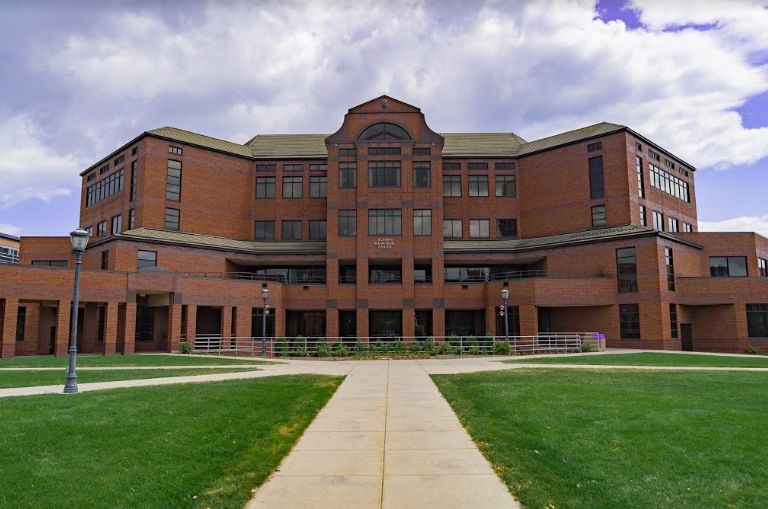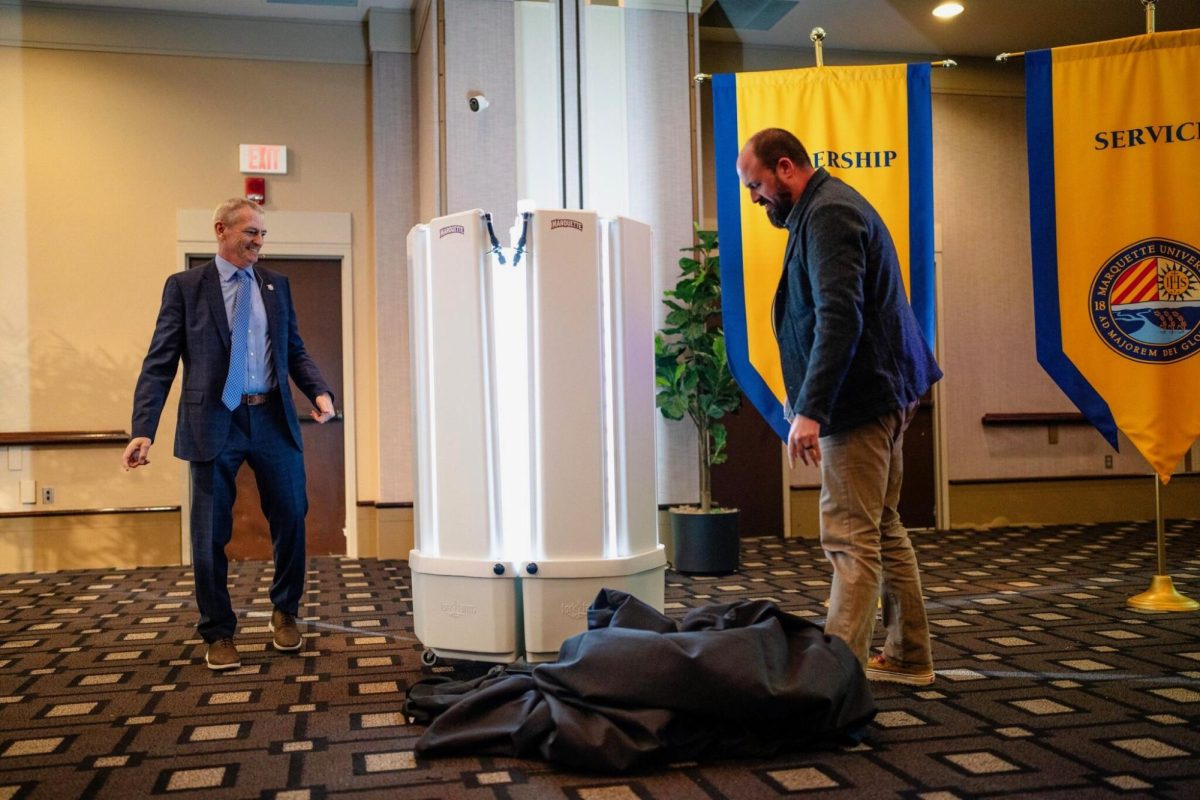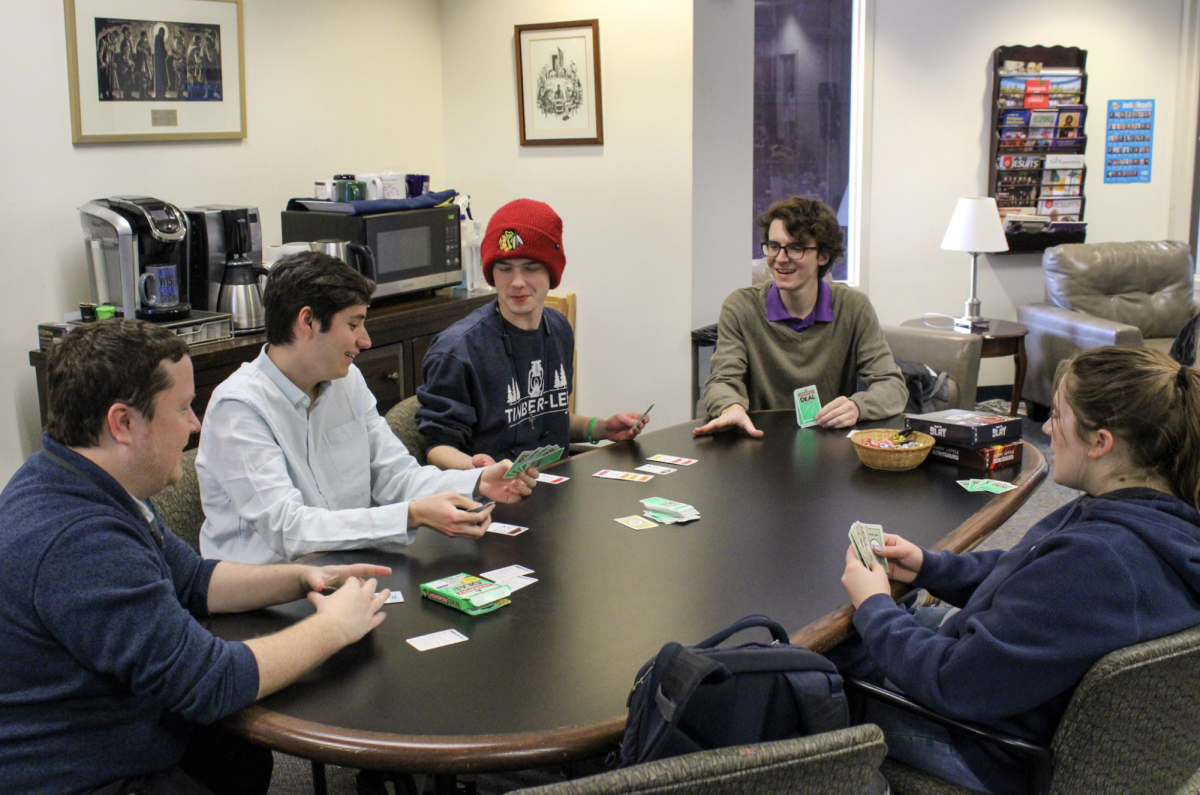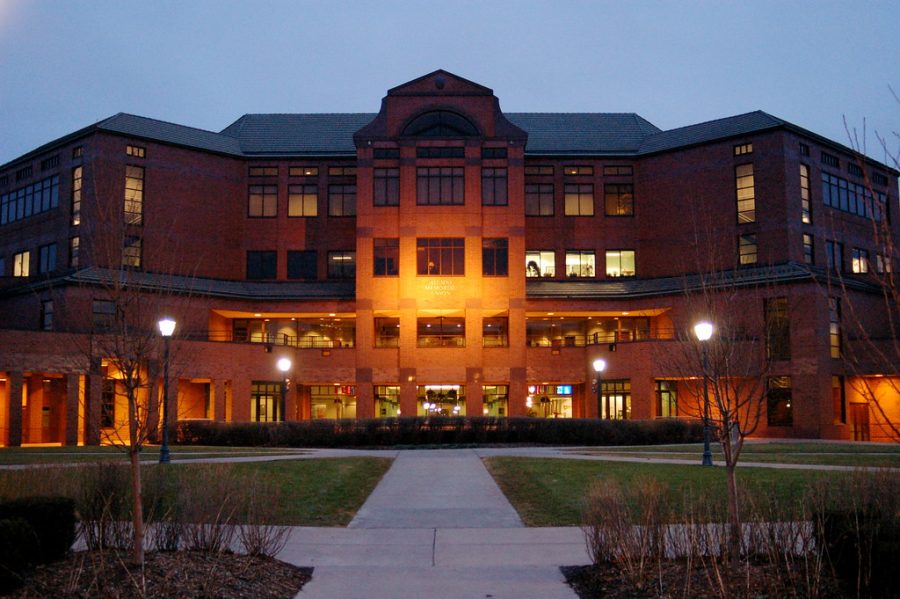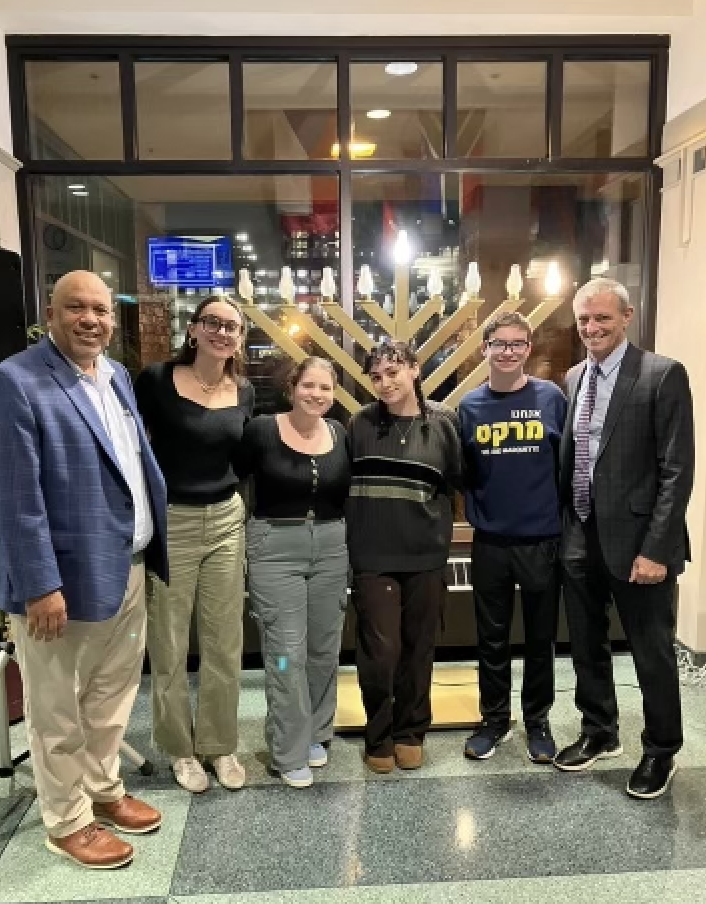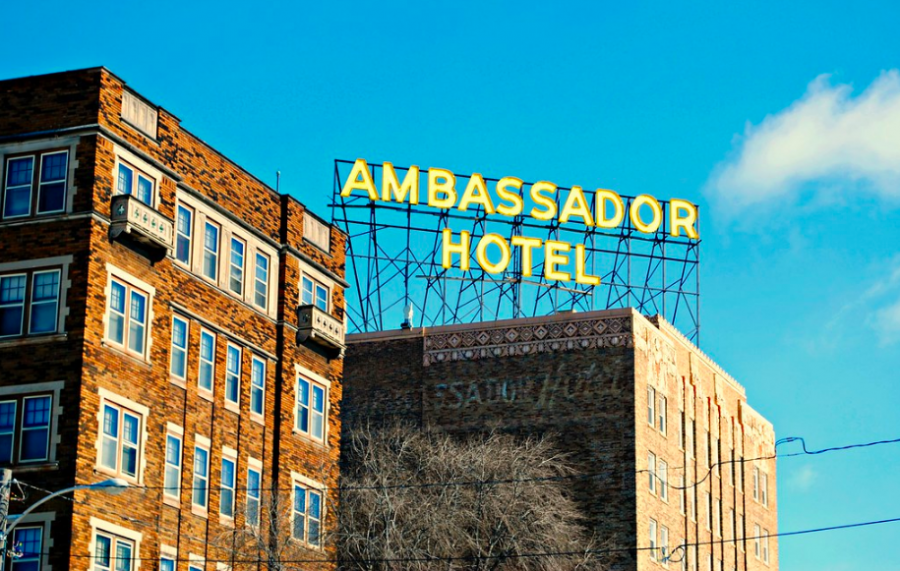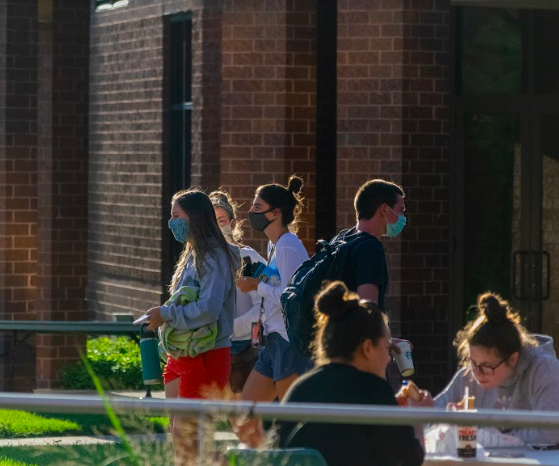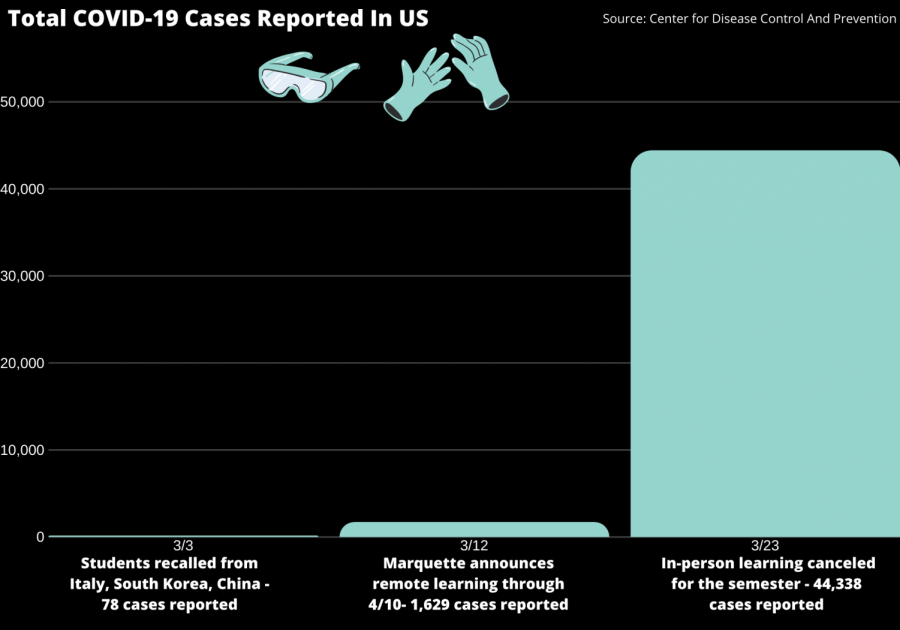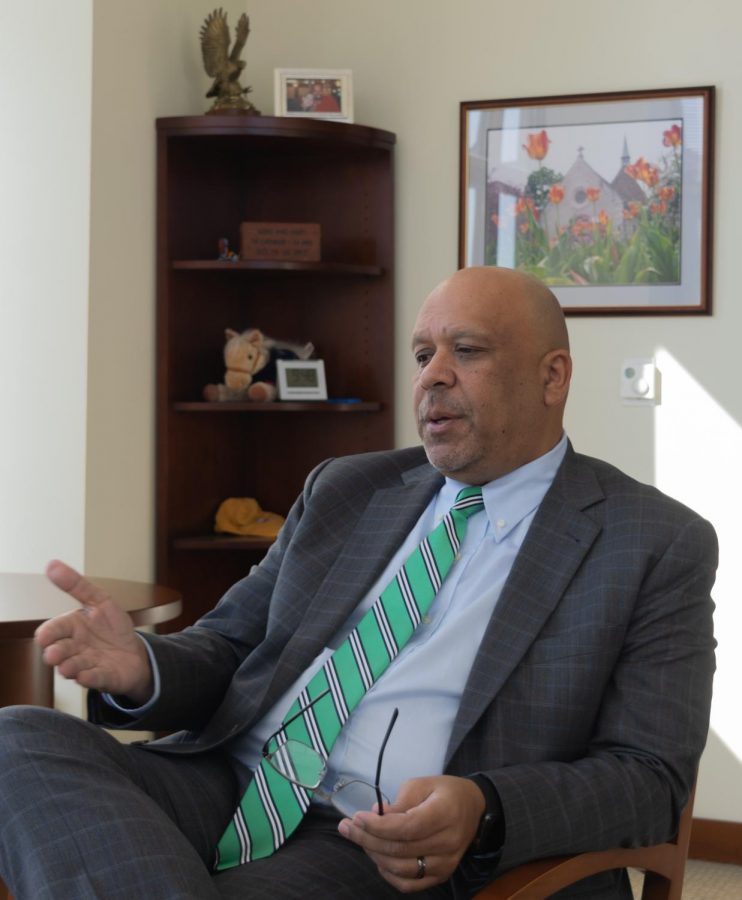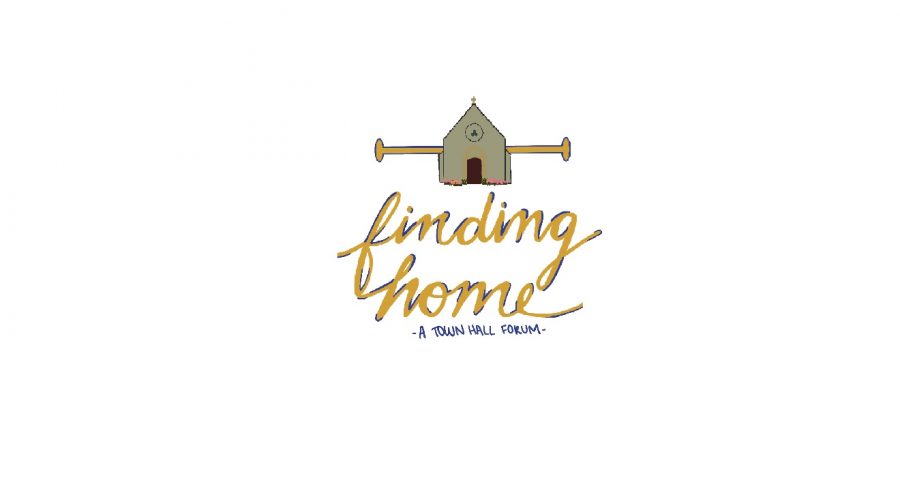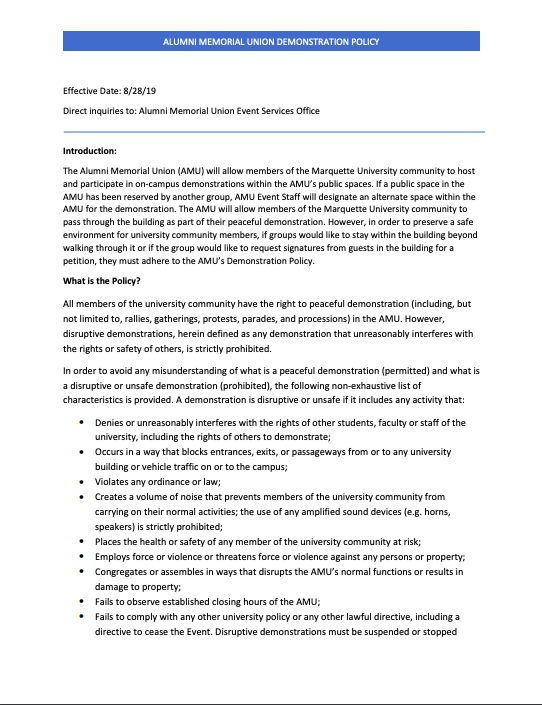When Edward J. Hunt, Marquette alumnus and local attorney, read the university demonstration policy effective Aug. 16, he said the policy requires permission to protest in the Alumni Memorial Union.
The university has said otherwise.
In an Aug. 29 email sent to Marquette faculty and staff, Acting Provost Kimo Ah Yun said students, staff and faculty do not need permission to hold a demonstration in the AMU.
“In no way does this policy prohibit or interfere with any member of our community’s right to demonstrate on campus,” Ah Yun said in an email.
However, five attorneys who spoke with the Marquette Wire came to the same conclusion: There are identical requirements laid out in the Aug. 16 and Aug. 27 policy documents that equate to students, staff and faculty needing permission to demonstrate.
When the Marquette Wire reached out to Ah Yun about the attorneys’ findings, he asked the following question: “Is it possible that you had the attorneys with whom you consulted review the inaccurate AMU policy that has already been corrected?”
The Marquette Wire did not show the attorneys the AMU policy.
“(The policy) does seem to require that you run by the administration what you say and how you’re going to say it,” Hunt said.
Hunt is a founding partner and attorney at the Hunt Law Group S.C. in Milwaukee. He graduated from Marquette University in 1976.
“It’s hard to ‘Be the Difference’ if you have to ask permission to be the difference,” Hunt said.
The demonstration policy, which was previously implemented for students only, was updated Aug. 16 to include staff and faculty. In the Aug. 19 Marquette Today newsletter, it said the University Policy and Procedure Committee revised the demonstration policy among several other university policies.
The Wire previously reported about the demonstration policy, published online and in the Aug. 27 edition of the Marquette Tribune.
In reporting for the Aug. 27 article, the Wire sourced from two separate demonstration policies, one dated Aug. 16 titled “6-11 Demonstration Policy” and one dated Aug. 20 titled “Alumni Memorial Union Demonstration Policy.” Since publication, the Aug. 16 policy was updated with a new effective date of Aug. 27. The Aug. 20 policy has been removed from the university website, and a policy effective Aug. 28, also titled “Alumni Memorial Union Demonstration Policy,” was released.
According to the Aug. 20 policy, individuals were allowed to protest in the AMU with a registered liaison and space reservation from the university. In the updated Aug. 28 policy, those requirements were removed, in addition to several other changes.
In an email to the Wire, university spokesperson Chris Stolarski requested the Wire issue a correction to the original story. He said the Aug. 27 article was “misleading.”
“Put simply, no student, faculty or staff group needs permission to hold a demonstration — they only need permission IF they wish to hold their demonstration somewhere other than the public areas of the AMU or, of course, a public sidewalk,” Stolarski said in the email.
The Wire asked five attorneys the following: Do the requirements outlined in the demonstration policy equate to needing permission to protest in the AMU? Or does it seem to imply that faculty, staff and students do not need permission to protest in the AMU?
Attorney Franklyn Gimbel said the policy appears to require permission from demonstrators. He is a founding partner at Gimbel Reilly Guerin Brown LLP in Milwaukee.
Gimbel said page 4 of the Aug. 16 policy includes critical wording that equates to needing permission to demonstrate.
Under the subsection, “How Do I Implement This Policy?” there are instructions to email appropriate offices with details for proposed demonstrations. These required details include the time, place, manner and size of the demonstration.
Demonstrators are then instructed to wait up to two business days for the office’s response.
“As you’ll see in the document, the organizer/liaison ‘must’ — and I think the word ‘must’ is a critical word — essentially seek to have some authority review and approve of the protest as it relates to all of the other ingredients of the policy,” Gimbel said.
He pointed out that in the last sentence of the last paragraph on page 4, “expectations, rights, responsibility and logistical considerations will be considered.”
“The word ‘considered’ seems to be in concert with the word ‘must’ to say that there is a screening process before you can (protest in the AMU),” Gimbel said.
As an alumnus with 11 years of Jesuit education under his belt, Hunt said he disagrees with the policy.
“You’re supposed to be men and women for others,” he said. “Ignatian spirituality is not consistent with a policy that requires permission to share ideas.”
While the policy requires prior approval for demonstrations, it is not a violation of First Amendment protections.
Frank LoMonte, director of Brechner Center for Freedom of Information at the University of Florida, said the policy is legal because Marquette University is a private institution.
“At a private university, this is completely permissible and they are allowed to do that. They pretty much have a free hand to regulate,” LoMonte said.
He said the wording of the policy is confusing. While the first page is unclear in regard to permission to demonstrate in the AMU, the fourth page outlines steps to take in order to protest.
“It definitely seems like you would have to wait to get permission. It doesn’t really say, ‘Don’t do without permission.’ It could be interpreted as just notification, but it says to await for that office’s response, so I would equate that to wanting permission,” he said.
LoMonte said the policy is intended to give the idea that groups should not hold a protest without emailing the appropriate office and waiting two days for a response.
Local attorney Bernard Bobber said the policy has no language that supports an interpretation allowing demonstrations at the AMU without prior approval from the university.
Bobber is an attorney at Ogletree, Deakins, Nash, Smoak & Stewart P.C. in Milwaukee. He has had a 32-year career in the legal field working with corporate personnel and policies.
Bobber pointed out page 1 of the policy requires approval for each day of a demonstration event.
He said the last sentence of the entire policy further implies that approval is required for a demonstration in the AMU.
The last sentence of the Aug. 16 policy reads, “Following this request, if all parties agree regarding the substance of the proposed Event and the institutional expectations, the Event information will be shared with relevant campus offices.”
“What happens if the parties (the student group seeking to demonstrate, and the ‘office’) do not agree on the ‘substance of the proposed Event?'” he said in an email. “I cannot see how the policy could be read to mean that in the event of such disagreement, the student group, without approval, can go forward and demonstrate anyway.”
Bobber used a student group as an example, but the policy applies to all students, staff and faculty.
He also highlighted that the policy requires prior approval from the university for any location other than the AMU and adjacent green space.
“In fact, that prior approval must be given in writing,” Bobber said.
A local attorney, who requested to be unidentified because the person’s firm has represented Marquette, similarly concluded the policy requires administration approval to hold a demonstration at the AMU or anywhere else.
“In sum, the University must approve any protest or demonstration, even at the Union,” the attorney said in an email.
See the full policies below:

